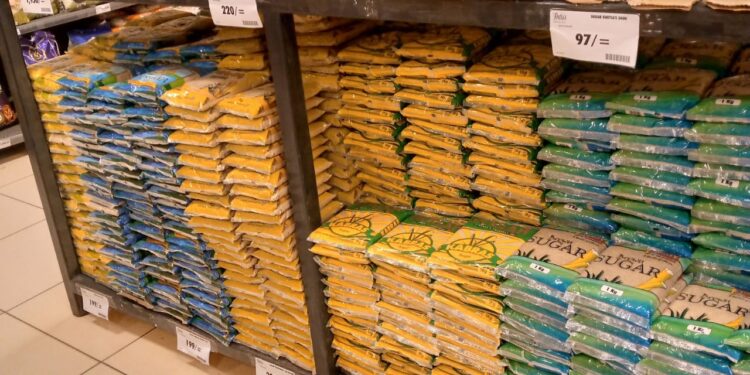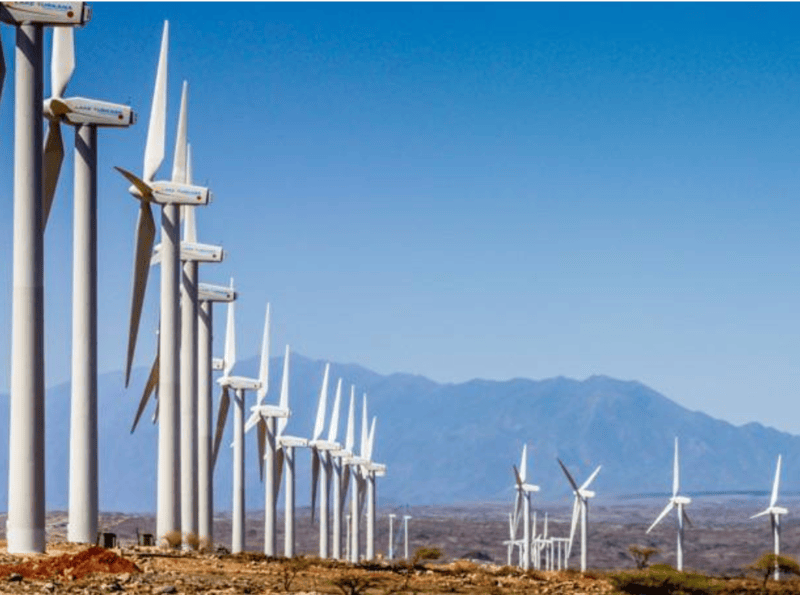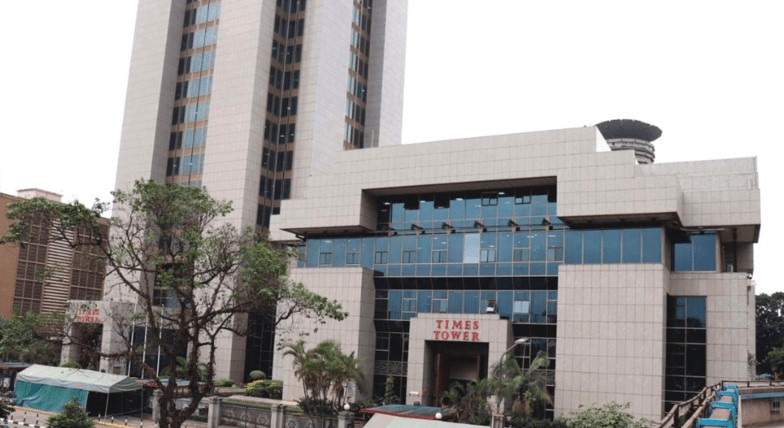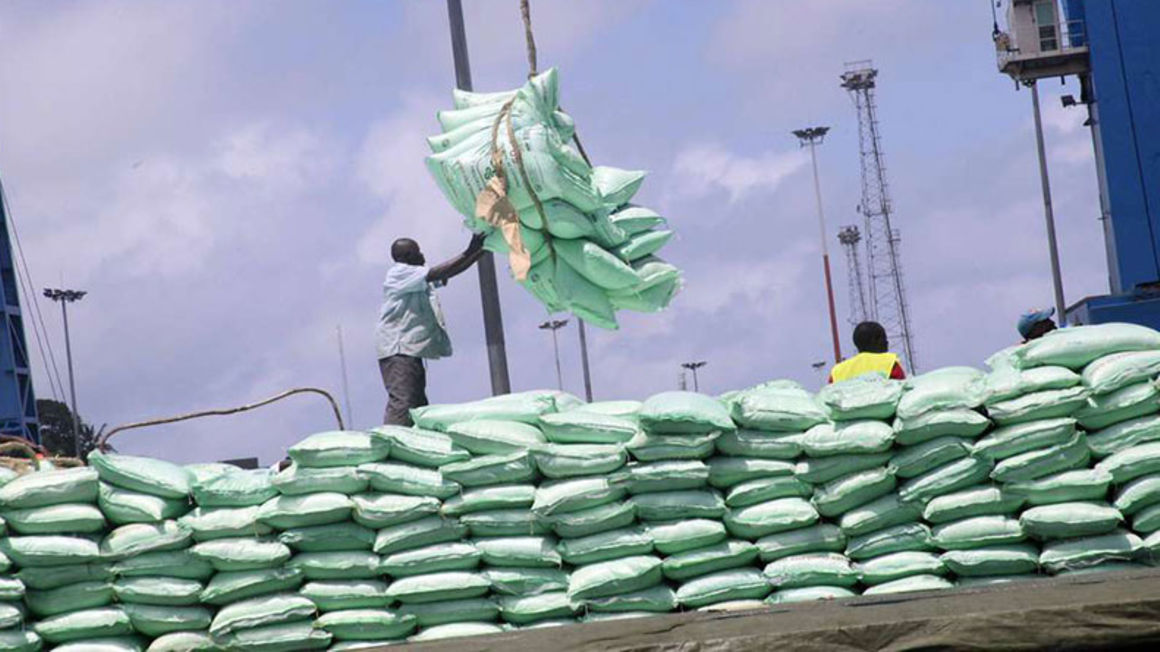Sugar prices to increase following rise in excise duty on imports

By Maureen Kinyanjui |
The new tax, introduced through the recently signed Tax Laws Amendment Act, 2024, raises the excise duty on imported sugar to 7.5 per cent, up from the previous rate of 5 per cent.
Consumers in Kenya are bracing for another increase in sugar prices following a rise in excise duty on imported sugar.
The new tax, introduced through the recently signed Tax Laws Amendment Act, 2024, raises the excise duty on imported sugar to 7.5 per cent, up from the previous rate of 5 per cent.
Keep reading
This move is expected to push up the cost of sugar and related products, reversing recent price reductions that consumers had begun to enjoy after years of record-high prices.
The excise duty increase will add to the financial strain on Kenyans, who had only just seen a significant reduction in sugar prices.
According to the Kenya National Bureau of Statistics (KNBS), the average price of a kilogram of sugar has fallen by 27.4 per cent over the last year.
In November 2023, the price stood at Sh217.96 per kilogram, but by October 2024, it had dropped to an average of Sh158.23 per kilogram. Despite this decrease, the new tax is set to increase costs for both consumers and businesses alike.
Sugar is a vital commodity in Kenya, used widely in households and industries such as manufacturing and pharmaceuticals.
Ripple effect
Consequently, a rise in sugar prices will have a ripple effect, increasing the cost of a range of products from food items to medicines.
This latest tax hike comes just one month after the introduction of a 4 per cent Sugar Development Levy on imported sugar.
The levy, introduced under the Sugar Act, 2022, was also assented to by President William Ruto in November 2024.
The levy aims to fund the operations of the Kenya Sugar Board (KSB), the Kenya Sugar Research Institute (KSRI), and initiatives aimed at stabilising prices for sugar growers and developing infrastructure in the sugar sector.
The introduction of both the excise duty and the sugar levy could create a perfect storm for consumers, especially given that Kenya continues to heavily rely on sugar imports to meet domestic demand.
While local sugar production has increased in 2024, Kenya remains a net importer of sugar, largely sourcing from the Common Market for Eastern and Southern Africa (COMESA) region.
This reliance on imports, even as domestic production has jumped by 73 per cent from 398,716 tonnes in the first ten months of 2023 to 688,406 tonnes this year means that higher taxes on imports will have a direct impact on the cost of refined sugar in Kenya.
Kenya's sugar industry, while seeing growth, still struggles with its inability to meet all local demands with domestic production.
The country is also facing challenges in ensuring that sugar production remains competitive enough to meet the rising demand, especially when compared to cheaper imports from COMESA countries.
Traders, despite the sharp increase in local production, still imported 312,161 tonnes of sugar between January and October 2024.
Reader comments
Follow Us and Stay Connected!
We'd love for you to join our community and stay updated with our latest stories and updates. Follow us on our social media channels and be part of the conversation!
Let's stay connected and keep the dialogue going!










